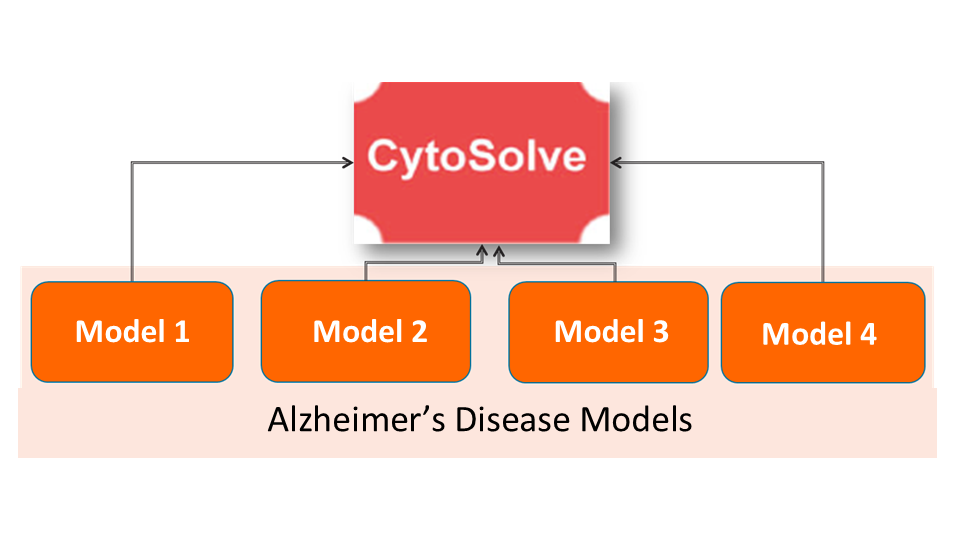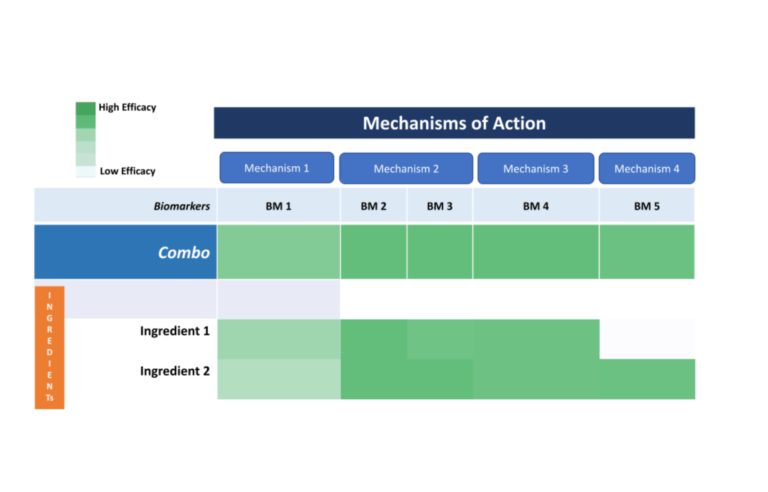Alzheimer’s disease is a progressive neurodegenerative disorder that affects memory, thinking, and behavior.
Alzheimer’s disease is a progressive neurodegenerative disorder that affects memory, thinking, and behavior. It is the most common cause of dementia, a group of symptoms affecting cognitive abilities. The exact cause of Alzheimer’s is still unclear, but it is believed to result from a combination of genetic, environmental, and lifestyle factors. The disease is characterized by the buildup of amyloid plaques and tau tangles in the brain, which disrupt normal brain function and communication between cells. Early symptoms of Alzheimer’s include memory loss, particularly forgetting recently learned information, confusion about time or place, and difficulty in solving problems or making decisions. As the disease progresses, individuals may experience disorientation, mood swings, difficulty speaking, and inability to perform daily tasks. In the advanced stages, patients often lose the ability to recognize loved ones or communicate effectively. There is no cure for Alzheimer’s, but certain medications, such as acetylcholinesterase inhibitors (e.g., Donepezil), can temporarily alleviate symptoms or slow progression. Other treatments focus on improving quality of life by managing symptoms and providing supportive care. Preventive strategies include maintaining a healthy diet, regular physical activity, cognitive stimulation, and social engagement. Research is ongoing to better understand the disease and develop more effective treatments. While Alzheimer’s can be devastating for both patients and families, early diagnosis and appropriate care can help manage symptoms and enhance quality of life.
The Systems Architecture of Alzheimer’s Disease is published as a web based tool open to public . Click below to interact with the Systems Architecture
A peer-reviewed publication resulting from the Alzheimer’s Disease Research Initiative was published in 2023 in the Journal of American Dental Association. Download the paper below.
In this phase, the Alzheimer’s Disease initiative will conduct in silico modeling to identify and test the efficacy of natural compounds against the Oral Health diseases such as Periodontitis, tooth loss and dental caries

In this phase, combination screening will be performed to identify potential ingredient/compounds that target the biological process implicated in Alzheimer’s Disease pathogenesis. This phase is yet to begin

The Open Science Institute® through its Alzheimer’s Disease Initiative is moving towards getting patents for a revolutionary molecule that effectively combats periodontal disease, contributing breakthrough real solutions to society worldwide.
The Alzheimer’s Disease Initiative plans to discover, develop, license and manufacture proprietary nutraceuticals to support treatment of Alzheimer’s Disease. Support our mission to bring this innovation to those who need it most. Please support this phase by donating to the Alzheimer’s Disease Initiative

